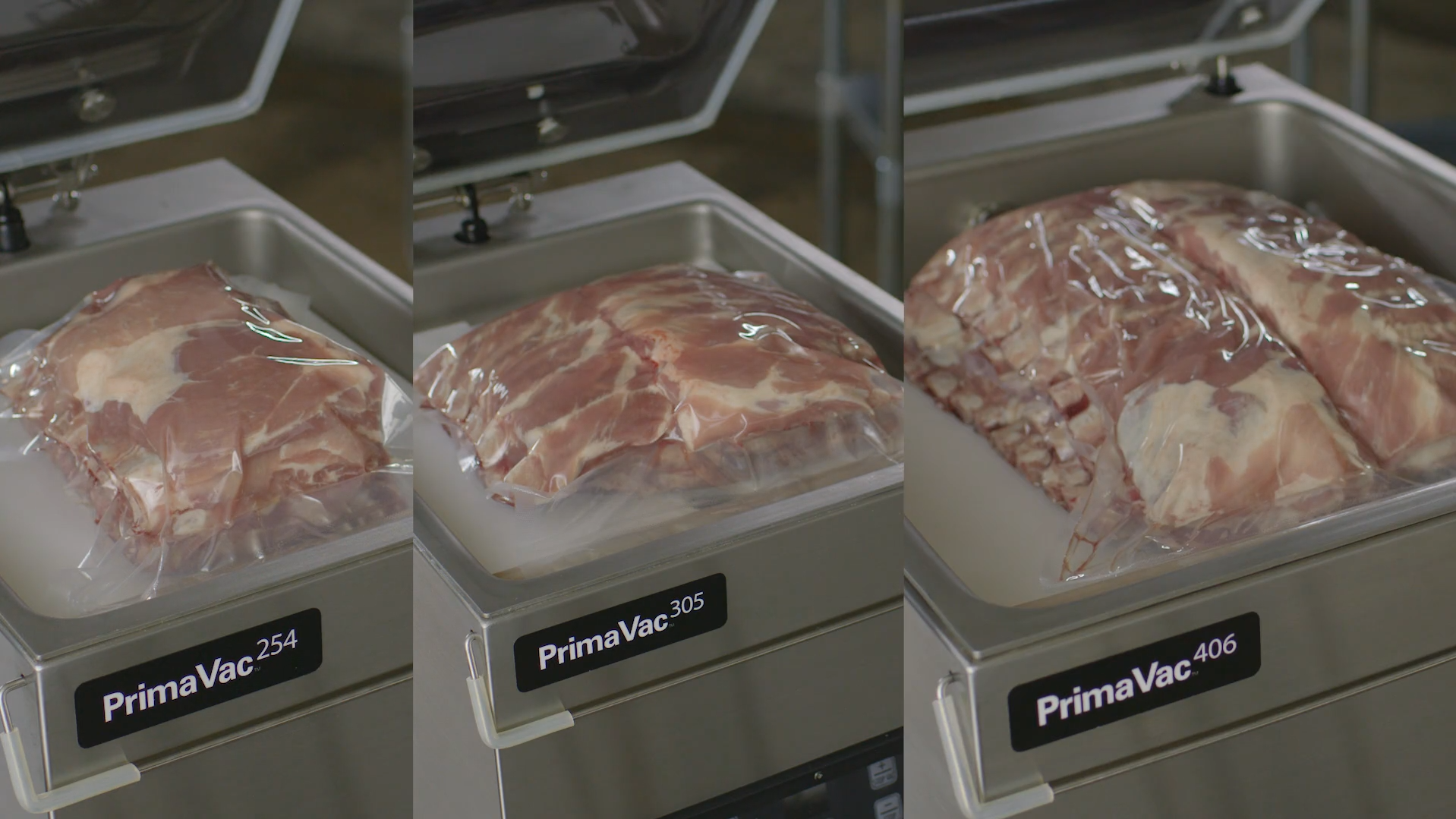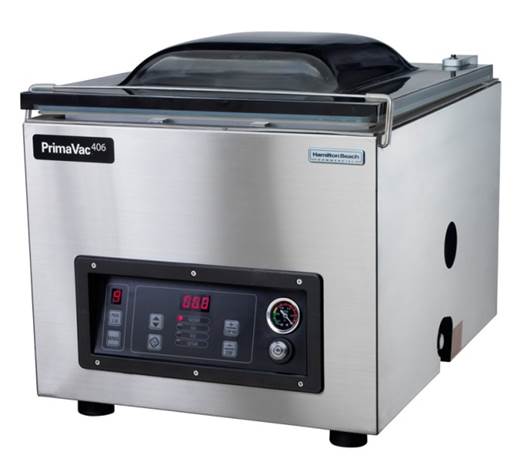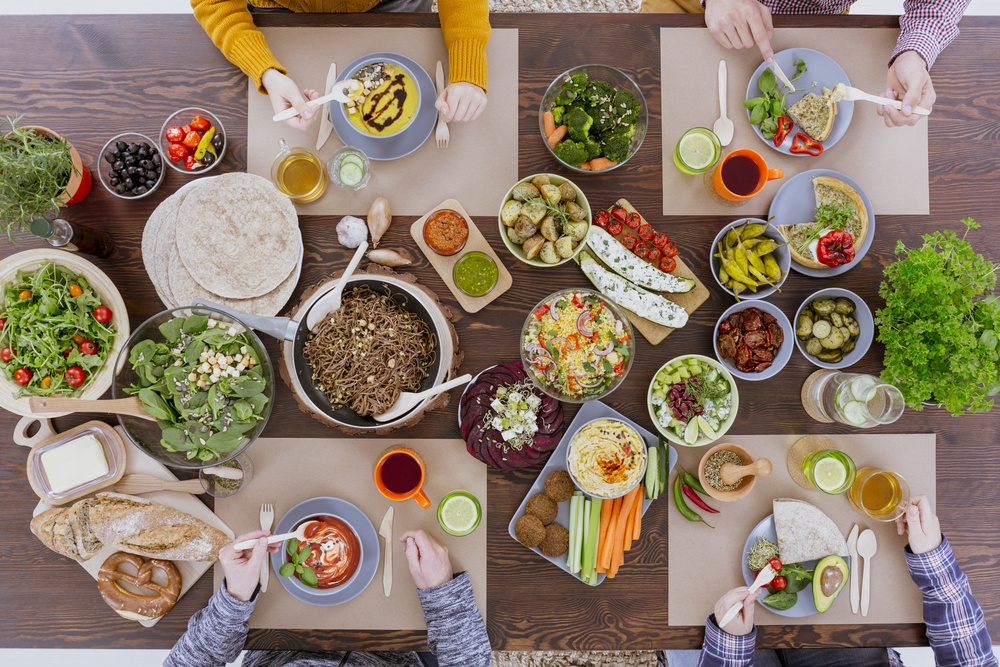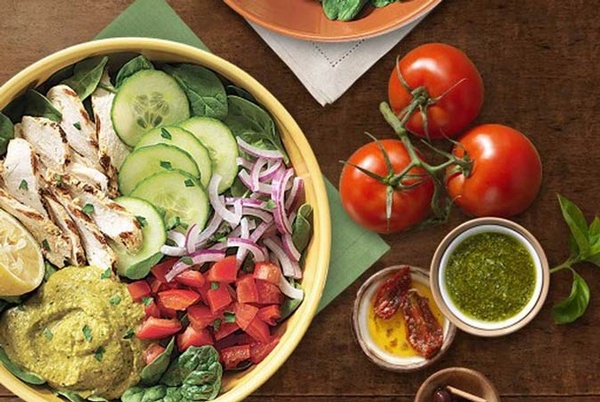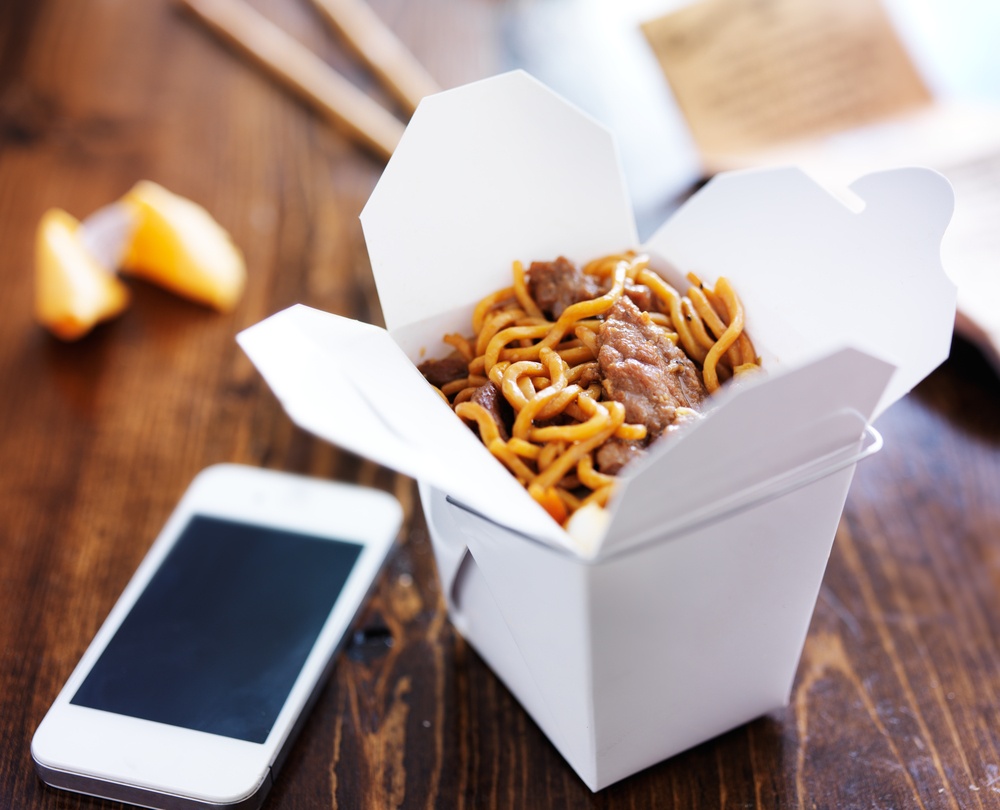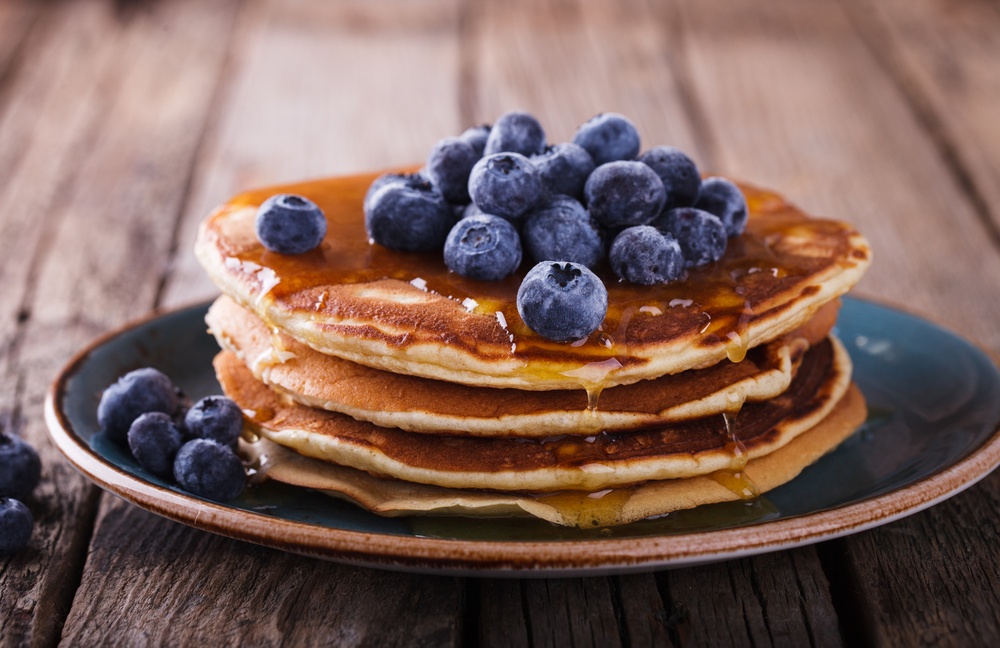If you’ve ever used a chamber vacuum sealer, you know the process is dramatic. Place a plastic pouch containing food — a nice filet, we’ll say — inside the chamber. Start the cycle and air is removed from the chamber. At the end of the cycle, when air re-enters the chamber, the sealed pouch shrinks around the filet. The result: it stays fresh and looks good for longer.
But what happens when a chef seals delicate, fragile or sharp-edged foods? Will they be crushed, or puncture the pouch? Not if you have adjustable Soft Air.

